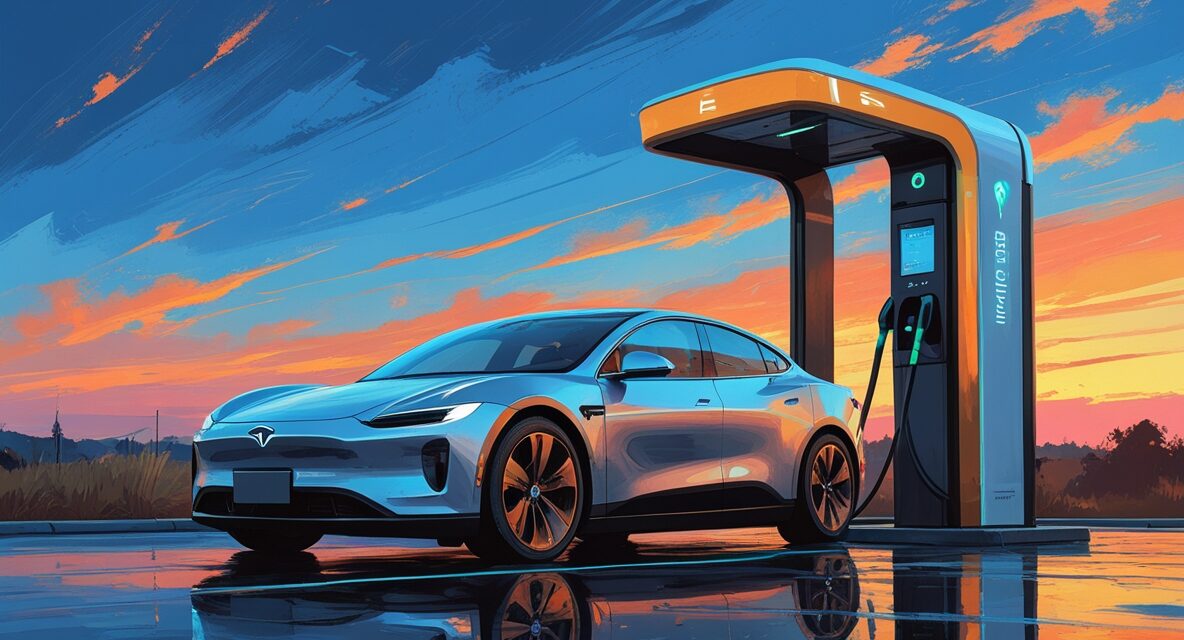Environmental goals are playing a growing role in UK employers’ decisions to adopt salary sacrifice car schemes, with over half (52%) stating that sustainability was a key factor, according to the latest ‘Driving Loyalty Through Electric Cars’ report from Tusker.
The findings highlight that more employers are viewing EV salary sacrifice schemes not only as a benefit for employees but also as a means to reduce carbon emissions and advance ESG objectives.
The report reveals that almost a quarter (24%) of those surveyed introduced salary sacrifice car schemes to help offset carbon emissions and reduce Scope 3 emissions, which encompass indirect emissions from employee commuting and business travel. Additionally, 68% of employers said it was ‘somewhat’ or ‘extremely’ important to have a CO₂ cap when selecting a provider, underscoring the increasing pressure on organisations to demonstrate their climate commitments.
Cheryl Clements, Head of Business Development at Tusker, commented: “Organisations are under mounting pressure to demonstrate measurable progress on their sustainability targets. The fact that over half of employers say sustainability goals are a major reason for adopting salary sacrifice schemes shows that environmental concerns are firmly embedded in business decision-making. As a result, choosing benefits that support sustainability is increasingly seen as a responsible and strategic move.”
Tusker’s salary sacrifice scheme offsets emissions from both vehicle tailpipes and grid-based EV charging, extending beyond standard industry practices to help clients achieve more sustainable transport solutions. This approach is particularly relevant for large employers or public sector organisations with established net-zero commitments.
Sustainable Benefits Aligned with Employee Engagement
University Hospital Southampton, which has operated an EV salary sacrifice scheme since 2015, has already offset over 2,500 tonnes of carbon emissions. Sophie Limb, HR Project Manager at the hospital, noted: “We believe in offering a wide array of options that can improve staff wellbeing in some meaningful way – whether that’s physical, emotional, financial or environmental.”
Similarly, Landsec reported positive outcomes from its EV scheme, launched in 2024, with a 26-point increase in employees’ satisfaction with their benefits package. In the first six months of the scheme’s rollout, 30% of eligible staff participated. The initiative was developed in response to employee interest in more sustainable benefit offerings.
Cheryl Clements concluded: “Sustainability is no longer just a corporate nice-to-have but a defining part of the employee experience. Our scheme empowers organisations to deliver on their environmental goals while offering a practical, tax-efficient benefit that employees genuinely value.”
As UK employers seek to align business operations with environmental objectives, the adoption of salary sacrifice car schemes reflects a broader shift towards integrating sustainability into employee benefits and corporate strategy. The trend signals an evolving approach to workforce engagement, driven by both environmental concerns and employee expectations.






